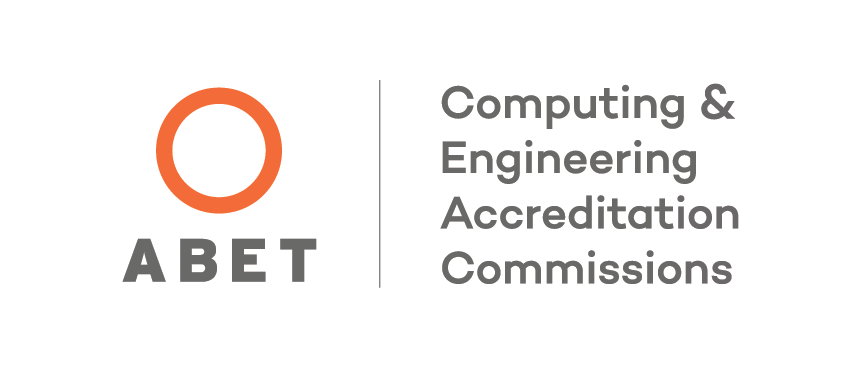Accreditation - Bioengineering
Mission Statement
The mission of the Department is to improve human health through the application of engineering principles, ideas, methods, and inventions to train students to solve important clinical problems.
Undergraduate Program Educational Objectives and Student Outcomes
The bachelor of science in bioengineering program is accredited by the Engineering Accreditation Commission of ABET, https://www.abet.org/, under the General Criteria and the Bioengineering, Biomedical Engineering, and Similarly Named Programs Criteria.
Program Educational Objectives
Graduates of the undergraduate program in bioengineering are expected to attain at least one of the following objectives within a few years after graduation:
- Be employed as a professional in the biomedical engineering field or related industry using knowledge and skills obtained in the program.
- Be progressing toward an advanced degree in: a) health sciences or medical school; b) graduate school; c) business or law school, or other advanced professional program.
Student Outcomes
The department follows standard ABET (1) – (7) criteria for Student Outcomes:
- Ability to identify, formulate, and solve complex engineering problems by applying principles of engineering, science, and mathematics.
- Ability to apply engineering design to produce solutions that meet specified needs with consideration of public health, safety, and welfare, as well as global, cultural, social, environmental, and economic factors.
- Ability to communicate effectively with a range of audiences.
- Ability to recognize ethical and professional responsibilities in engineering situations and make informed judgments, which must consider the impact of engineering solutions in global, economic, environmental, and societal contexts.
- Ability to function effectively on a team whose members together provide leadership, create a collaborative and inclusive environment, establish goals, plan tasks, and meet objectives.
- Ability to develop and conduct appropriate experimentation, analyze and interpret data, and use engineering judgment to draw conclusions.
- Ability to acquire and apply new knowledge as needed, using appropriate learning strategies.
Graduate Program Student Outcomes
Advanced Knowledge: Students will know how to take advantage of cutting edge tools, information and knowledge to address complex problems in bioengineering. The graduate student evaluates models and hypotheses using the appropriate experimental, mathematical and statistical approaches.
Ethical Conduct: Students will be able to recognize ethical issues, consider multiple points of view, and use critical and ethical reasoning to determine the appropriate behavior to follow in the practice of biomedical engineering in a global context.
Research and Development: Students will creatively synthesize theory, literature, and personal experience to: 1) generate new ideas or hypotheses in bioengineering, and 2) devise critical tests of hypotheses and/or develop unique solutions to bioengineering problems.
Multi-disciplinary Communication (written & oral communication):
MS: Students will convey ideas or arguments in clear, concise, well-organized papers, presentations and proposals.
PhD: Students will have at least one written product ready for presentation at conference or in refereed journal. Students are capable of a fluent debate in oral defense.
Multi-disciplinary Communication (interpersonal communication): Students will demonstrate the ability to work with other professionals in their own fields and to collaborate with colleagues of diverse scientific backgrounds.
Clinical Knowledge: The students will possess a significant command of medical terminology/knowledge in the areas of anatomy, physiology, pathology, medical procedures and technology in order to communicate effectively with clinical staff over opportunities to improve patient comfort/longevity through new and improved devices, drugs, surgical procedures or planning.
(PhD Only) Scholarly Achievement and Research Outcomes: Students can articulate an original idea in the context of the relevant technical literature. Students apply appropriate methods correctly, and findings constitute an original contribution to the student's field.
